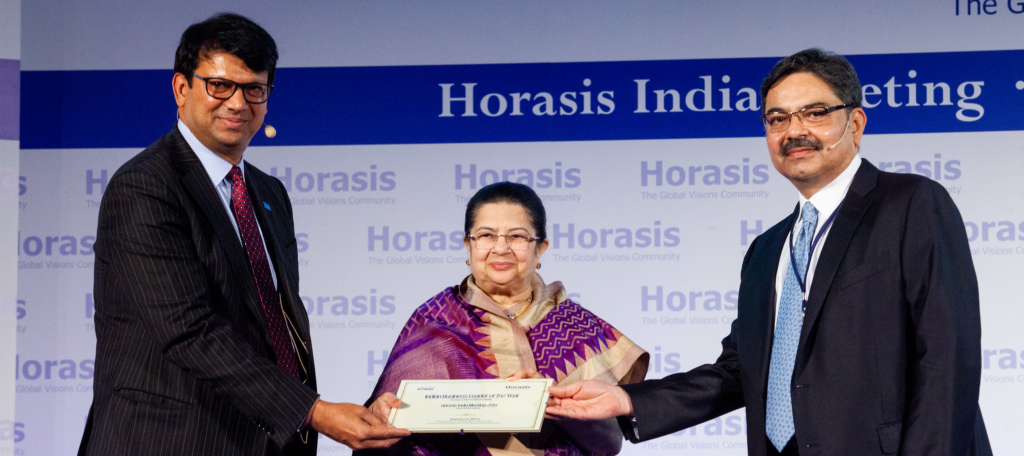Hooked is a new reading startup that is making reading cool again by delivering short horror stories to your phone in text message form.
The ‘chat fiction’ app launched in 2015 by married couple Perna Gupta and Parag Chordia was done in an attempt to make reading as popular as social media. Professional authors and users can submit stories, but they must be in the horror genre.
“The more experimental forms of writing tend to start with things like horror,” Gupta explained to American news and business provider CNBC. “Horror is a visceral and very universal genre. It appeals to our very basic responses.”
Most of the stories are around 1,000 words, or a six-minute read, but some longer stories are being serialised. The app is free, as long as you can read each story within the six-minute timer. If not, you either have to wait around 45 minutes, or you have to pay a subscription service. Hooked costs $2.99 for a week, $7.99 for a month, or $39.99 for a year and, as well as a good way to make money, forcing readers to wait also increases the level of suspense.
CNBC states that between October 2016 and March 2017, popularity jumped up with a 560 percent increase in downloads, reaching 2.22 million this time last year. Seeing as young people are reading books less and less, this is an innovative new reading style for the Generation Z and millennial populations.
Research from Common Sense Media reveals worrying trends in the amount teenagers read. In 2014, 27 percent of 17-year-olds say that they ‘never’ or ‘hardly ever’ read, whereas this only 9 percent of 17-year-olds said the same in 1984. 45 percent of this demographic say they only read for pleasure once or twice a year.
Not only this, but a survey carried out by independent media outlet The Conversation shows that teenagers are reading easier, less challenging books. In primary school, children read books that challenge them, but when they get to secondary school, the reading level of books on the syllabi don’t change significantly. This affects reading comprehension ability, vocabulary acquisition, and spelling.
But is that strictly true? As the new generations grow, with mobile phones firmly strapped to their hands, apps and resources are abounding that give access to literature and news in simple, clear text.
theSkimm is an app and an email service that gives you all the information you need to stay up to date on the news in 10 minutes. Trying to integrate itself into the routines of its target audience, female millennials (male millennials seem to be able to read adult news), the language they use is the same you’d find in social media.
“Missiles are like deadly carrier pigeons – they carry warheads to their targets,” explains the site, in a section on North Korea. “Warheads are the part of the missile that goes ‘boom.’”
According to Time Magazine, research from 2015 showed that our attention span has diminished from an average of 12 seconds in 2012, to 8 seconds, less than that of a goldfish. This could spell the end for curling up with a good book for a couple of hours of a Sunday afternoon for future generations.
Gupta, co-founder of Hooked, doesn’t think that her app, or other chat fiction apps will save, or destroy reading.
“It does have the potential to get kids into reading, but I do think they are two separate things,” she pointed out to CNBC. “It’s definitely the bridge if you only have 15 minutes on a ride, and you want to read something short and sweet.”








